SUMMARY
This is AI generated summarization, which may have errors. For context, always refer to the full article.

MANILA, Philippines – Overseas Filipino workers (OFWs) who were trafficked and forced to work in a Cambodia-based cryptocurrency scam had to wait for weeks before their return to the Philippines, as the Cambodian government had processes that required “many negotiations” before they were cleared to go home, Senator Risa Hontiveros said on Monday, February 27.
The Philippine Department of Foreign Affairs earlier announced the return of eight trafficked OFWs to the Philippines on Saturday, February 25.
“Maraming linggo pa ang hinintay at maraming negosasyon pa ang naganap dahil may mga proseso ang gobyerno ng Cambodia na kailangan sundin bago pahintulutang bumalik sa Pilipinas ang mga biktima ng human trafficking,” said Hontiveros.
(The OFWs had to wait for many weeks and many negotiations took place because the Cambodian government has processes that needed to be followed before the human trafficking victims were cleared to go back to the Philippines.)
“These were weeks filled with anxiety. As these crypto scam operations are a relatively new human trafficking scheme in the ASEAN region, there still seems to be a lack of consensus on how we view these victims, some maintaining that they are illegal workers or undocumented immigrants,” she added.
Hontiveros first exposed reports of OFWs being trafficked and forced to work in crypto scams in Southeast Asia in November 2022. These reports found that OFWs were trafficked to Myanmar after being recruited as call center agents or workers for Philippine offshore gaming operators through various social media platforms. The scam operators were allegedly a Chinese mafia, Hontiveros said.
Then, in January, Hontiveros exposed more cases of OFWs brought to Cambodia to perform the same tasks that were part of the crypto scam.
In her Monday statement, Hontiveros thanked the DFA officials, Cambodian police, civil society organizations, and individuals who helped her office send additional food and basic necessities to the OFWs while they waited for their repatriation.
Citing the DFA, the Presidential Communications Office said the distressed OFWs were rescued by the Cambodian National Police in Oddar Meanchey and Kampot provinces. The Cambodian authorities’ anti-cyber crime unit questioned the Filipinos before they were turned over to the General Department of Immigration.
Foreign Undersecretary for Migrant Workers Affairs Eduardo de Vega said in a Sunday, February 26, statement that human trafficking in Southeast Asia is a “serious regional issue.”
“We will continue to engage with the ASEAN [Association of Southeast Asian Nations] member states and international partners to clamp down on this abhorrent activity,” said De Vega.
The Philippine embassy in Phnom Penh on February 23 released an advisory to Filipinos warning them of the increasing number of cases of Filipinos being illegally recruited to commit cybercrimes.
In its warning, the embassy detailed the experiences that previously trafficked OFWs went through – physical and psychological abuse, long hours of work, non-payment of wages, confiscation of passports, mobile phones and gadgets, and extortion.
“Some are even threatened with death or cutting off their hands if they do not cooperate. Sometimes they are threatened with harm coming to their families in the Philippines. Some victims were sold to other syndicates, which may be engaged in other forms of slavery, including sexual slavery,” the embassy said.
The embassy reiterated its reminder to the public to be wary of syndicates promising employment, and unverified job offers to work in Cambodia. – Rappler.com
Add a comment
How does this make you feel?
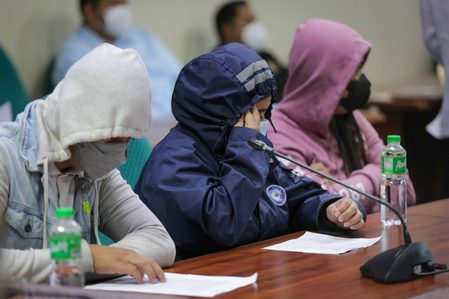
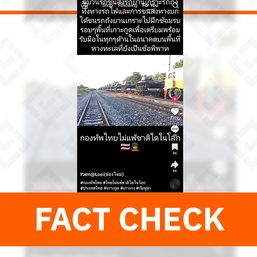
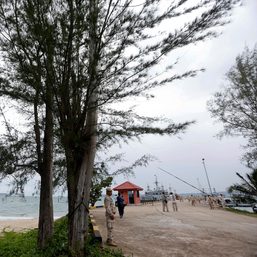
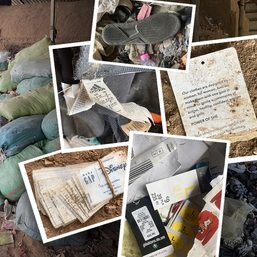
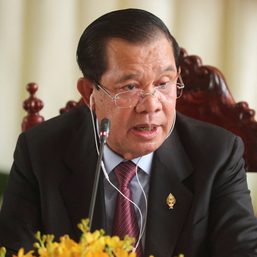
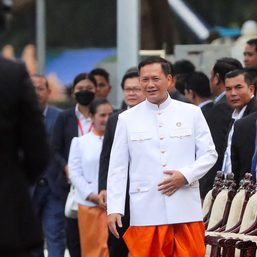
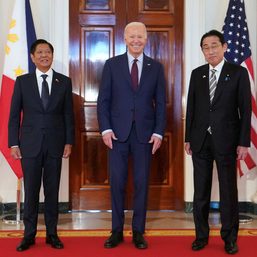
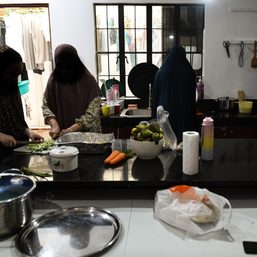
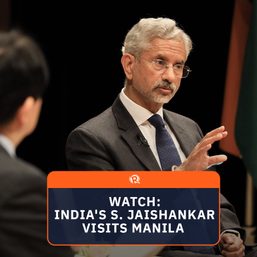

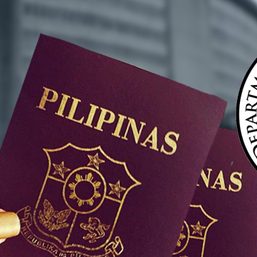







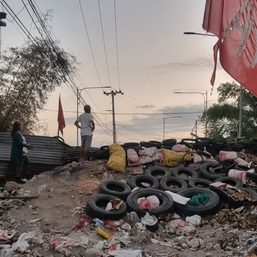

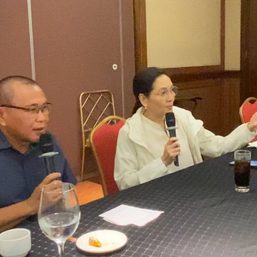
There are no comments yet. Add your comment to start the conversation.